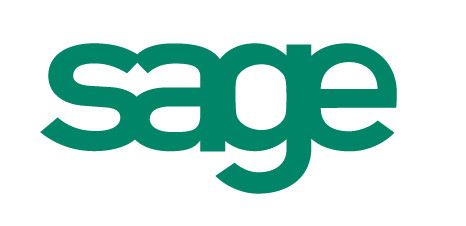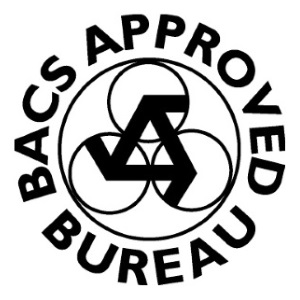Crypto Asset Tax: How HMRC taxes your profits
The continued upward spiral of cryptocurrencies like bitcoin and ethereum have dominated headlines in 2021. As guidance continues to evolve and adapt to a rapidly growing demand for cryptocurrencies, answers may not always be straightforward. With decades worth of experience in delivering sound business and accounting advice, Bennett Verby is well-positioned to advise investors large and small on the tax implications of purchase and sale in cryptocurrencies. In this article, we’ll focus on the valuation and taxation of these digital assets based on the most recent guidance issued by the HMRC.
Background: What is cryptocurrency?
Unlike fiat currency, cryptocurrency is not considered to be a form of currency. Rather, it is a form of cryptographically secured digital assets, or a store of value that can be transferred, stored or traded. It’s important to note that cryptocurrencies leverage blockchain technology, a form of distributed ledger technology that enables transparency and security.
Taxation of cryptocurrency:
It’s important to note that the purchase and sale of cryptocurrencies are taxable events in the UK. In other words, tax is payable on profits gained from the disposal of cryptocurrency assets. Recently, the HMRC delivered ‘nudge letters’ to those invested in cryptocurrencies, mainly via data linking those invested in UK-based crypto exchanges. Given their classification as assets, cryptocurrencies fall within the scope of inheritance tax. If you receive cryptocurrency as payment in the course of employment, you’ll be liable to income tax and capital gains tax upon disposal of any assets falling outside of your annual exemption limit. If you currently mine cryptocurrencies, the HMRC has issued guidance that you’ll be liable to income tax and national insurance contributions with respect to the cryptocurrencies received from mining.
To optimise your tax payments, it’s important to consider your current income tax rate. For example, as an employee earning income at the additional rate of 45%, take note that your capital gains tax rate is capped at 20% (as of April 2021). Therefore, for those earning more than £150,000 per year, the sale and trade of cryptocurrencies via capital gains tax is a preferable outcome.
Maintain detailed records:
Many cryptocurrency assets are traded on exchanges in foreign currencies and digital assets. As such, the calculation of gains and losses is not a clear cut process. Whether or not you choose to engage an accountant to determine your capital gains tax payable, at the very minimum, we recommend keeping detailed records of each purchase and sale transaction involving cryptocurrencies. Records should include details regarding the type of cryptocurrency, date of transaction, volume sold or received, and any information appearing on bank statements or wallet addresses. While this is not meant to be an exhaustive list, it does serve as a starting point.
HMRC’s Guidance and Next Steps:
If you’re currently investing in cryptocurrencies or considering it, take note that the HMRC continues to evolve its guidance on the tax treatment of these digital assets. This guidance will vary depending on your trading structure. Whether you’re an individual investor, sole trader, limited corporation or institutional investor, please reach out to us at Bennett Verby to obtain the most up-to-date facts and guidance on the tax treatment of cryptocurrencies. The accountants at Bennett Verby work closely with entrepreneurs and businesses on a daily basis, helping them to navigate the complex world of business, tax, strategy and accounting.
What else should I be thinking about?
There’s no ‘one size fits all’ solution for limited company directors. The Government measures that have been released may be useful for you depending on the size and nature of your business.
Here’s a brief list of things you could explore, which we have covered separately:
- Cash flow and payments
- Mortgage holidays
- Deferring income tax and VAT payments
- The Coronavirus Business Interruption Loan Scheme
- HMRC Time to Pay Scheme
- Statutory Sick Pay Relief package for businesses
- Business rates holidays
- The Small Business Grant Scheme
As always, we’re here to help you in these uncertain times. If you need advice about any of the above, speak to us about the ways we can help.












